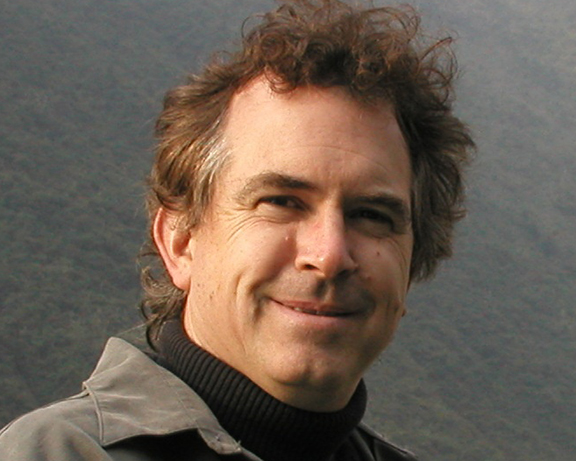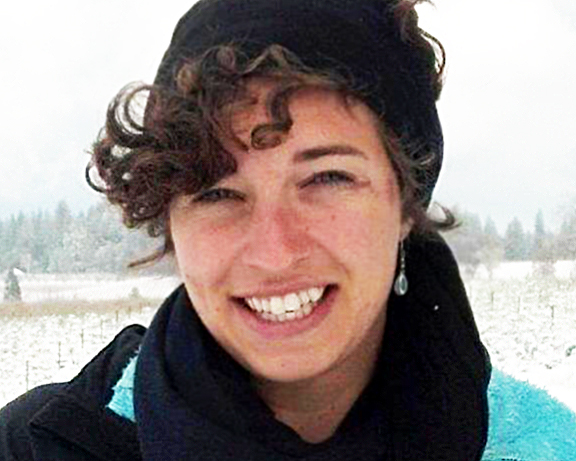J. Edward Taylor
- Distinguished Professor Emeritus
An analysis of nationally representative panel data from rural Mexico, with observations in years 2002, 2007, and 2010, suggests that the same shift out of farm work that characterized U.S. labor history is well under- way in Mexico. Meanwhile, the demand for agricultural labor in Mexico is rising. In the future, U.S. agriculture will compete with Mexican farms for a dwindling supply of farm labor. Since U.S. domestic workers are unwilling to do farm work and the United States can feasibly import farm workers from only a few countries in close geographic proximity, the agricultural industry will eventually need to adjust production to use less labor. The decline in foreign labor supply to farms in the United States ultimately will need to be accompanied by farm labor conservation, switching to less labor intensive crops and technologies, and labor management practices that match fewer workers with more farm jobs.
Download research paper

J. Edward Taylor is Professor of Agricultural and Resource Economics (ARE) and Director of the Center on Rural Economies of the Americas and Pacific Rim (REAP) at the University of California, Davis, where he teaches courses in international development economics and econometric methods. Taylor has written extensively on the economy-wide impacts of agricultural and development policies and on immigration. In recent years his research has been featured in The Economist, New York Times, Wall Street Journal, The Atlantic, Los Angeles Times, National Public Radio, and the Washington Post.

Diane Charlton is a Ph.D. candidate in Agricultural and Resource Economics at the University of California, Davis. Her areas of focus are rural development and labor. She is currently researching trends in the farm labor supply from rural Mexico and the impacts of education on labor sector choice.